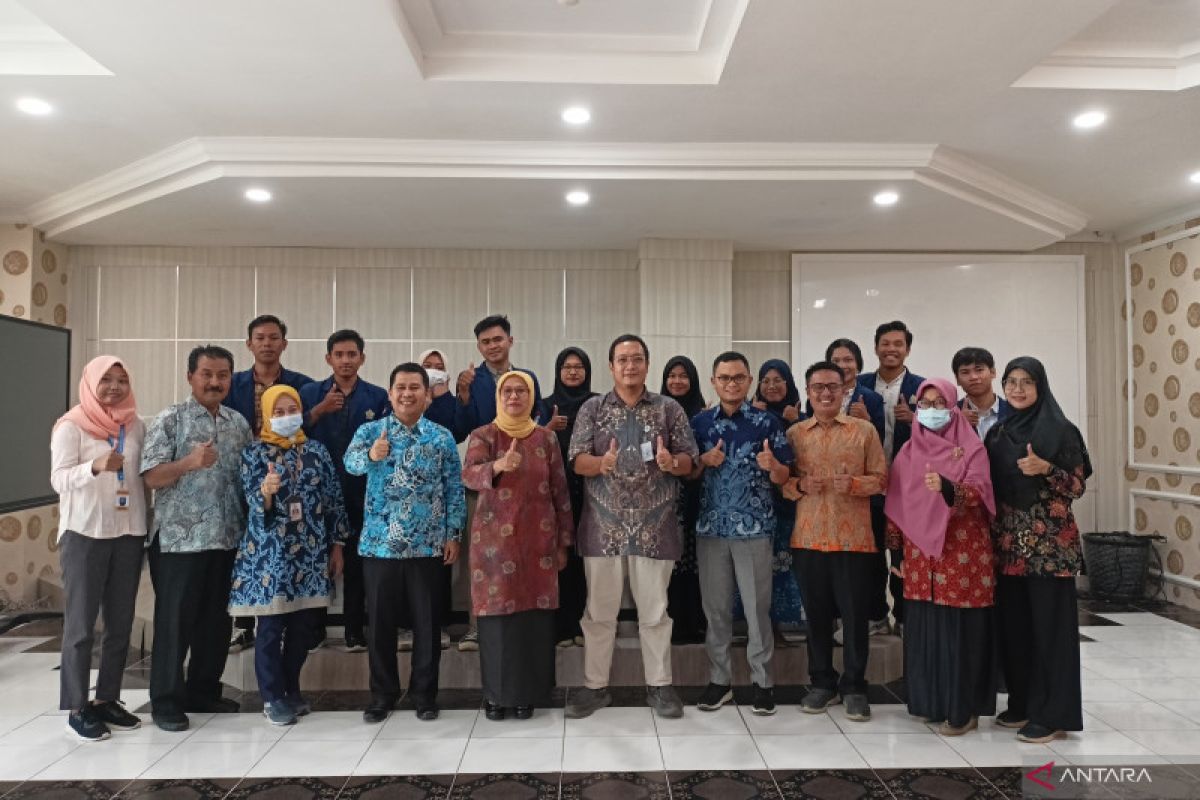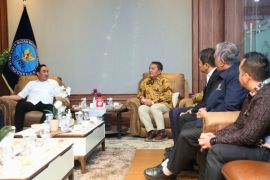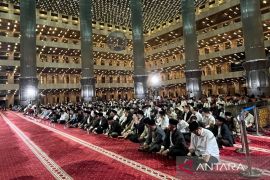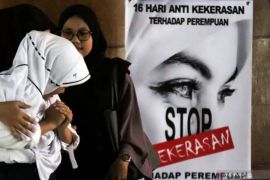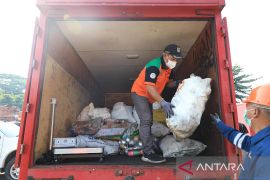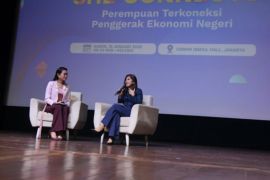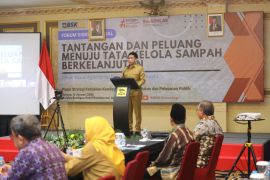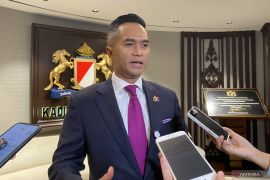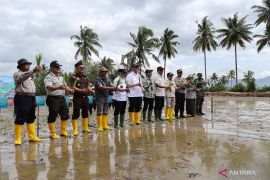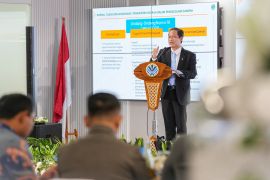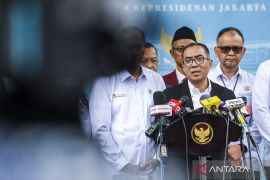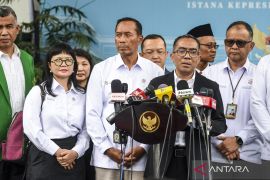MBKM programs, such as the Independent Student Exchange (PMM) program, are playing a very important role in helping prepare students for the challenges they will face while looking for a job.
Thus far, college students have only focused on their chosen study programs, but the current challenges have made it vital for them to adapt and acquire other skills and expertise as well.
PMM is serving this need by offering students the choice to add competency-based study programs to their majors.
For example, PMM allows a law school student to take an information technology (IT) course. Knowledge of IT would prove useful for a law student because, in this day and age, all fields, including the field of law, are linked to technology.
In fact, the mixture of law and information technology has created the study of forensic IT or computer forensics, according to Irawan.
Another example is law students studying economic issues due to the high number of legal cases involving economic crimes and financial fraud.
Head of the MBKM Center at Bengkulu State University, Ahmad Syarkowi, said that MBKM has changed many things, one of them being the students’ learning process.
Through MBKM, students have the opportunity to graduate faster compared to the previous curriculum, where they usually attended classes until the seventh semester and wrote a thesis in the eighth semester as a graduation requirement.
Under MBKM, students in their fifth or sixth semesters can opt for off-campus activities, such as internships, while students in their seventh semester have the option of conducting research.
"By doing research and producing an article, they do not need to do a thesis anymore," Syarkowi said.
Meanwhile, students can obtain 20 credits by joining the internship at industry program managed by the agro-technology department. The 20 credits consist of 10 credits of elective courses, a community service program (KKN), and agro-tourism and agricultural internships.
One of the students who took part in the internship, Vikry Apriza Haris, said the program gave him the opportunity to dive deeper into his major.
He attended the second-term industrial internship program for about four to five months, but it was good enough for him to learn about the operation and management of the company he was interning for.
"The benefits I got include a job opportunity, how to manage HR (human resources), and what the scope of work I will face in the future is," he explained.
A student joining the MBKM research track, Cahya Widya Gunawan, said that the program became a bridge for her to complete her studies faster, and gave her the opportunity to produce a national standard research article.
Gunawan further said that the program has made it easier for her to get a job or plan for a Master's Degree (S2) program. The research she carried out was very helpful and provided extraordinary benefits.
She encouraged students to not be afraid to give research a try.
Another MBKM program is the Teaching Campus, where students become teachers at targeted schools or educational units. The program aims to advance the quality of education in Indonesia.
Changing mindsets
Students participating in the Teaching Campus program are involved in a school's administrative management. The students come from various majors, not only from teachers' education programs.
"It has changed our educational mindset. They attend (in-class) sessions from semesters one to four only. They can do off-campus activities in the fifth, sixth, and seventh semesters. For those who want to (join the program), we are obliged to facilitate it according to Ministerial Regulation No. 3 of 2020," Syarkowi explained.
Bengkulu State University has also sent its students to study abroad under the International Student Mobility Awards (IISMA) program.
Aanisah Hanuun, a pharmacy student who took part in the IISMA program, shared her experience studying at the University of Putra Malaysia from March–July 2022.
At the Malaysian varsity, Hanuun chose courses on the principles of management, computer ethics, and thinking skills, which were different from the courses she took at her home campus.
"Alhamdulillah (Thank God), (the lessons) are very useful because the principles of management can be applied in everyday life; there, I learned organizational management, company management, and also self-management," she informed.
In computer ethics, she learned more about the digital world and learned how to protect the self and privacy.
Furthermore, the benefits of MBKM have also been felt by lecturers and students at the Muhammadiyah University of Bengkulu.
There are three MBKM programs that have successfully attracted students, namely Teaching Campus, PMM, and Certified Internship, vice rector I of the Muhammadiyah University of Bengkulu, Kasmiruddin, informed.
He said the Teaching Campus activities have so far been conducted in several schools in Bengkulu and other provinces, such as Aceh.
"For PMM 1 (first batch), we sent 39 students and welcomed 32 students, while for PPM 2, we sent 54 students and welcomed 19 students. In PMM, there is an obligation for the Nusantara Module, such as historical tourism, culinary tourism, cultural tourism, natural tourism, and social contributions," he informed.
Under the Certified Internship program, five students interned with some government institutions in Jakarta and media companies in Yogyakarta.
Thus, MBKM is not only giving new color to higher education but also providing useful experiences for students to prepare them for the world of work after graduation.
Related news: Education Minister explores collaboration with American universities
Related news: Kampus Merdeka Fair as event for insight exchange on MBKM
Editor: Rahmad Nasution
Copyright © ANTARA 2022
